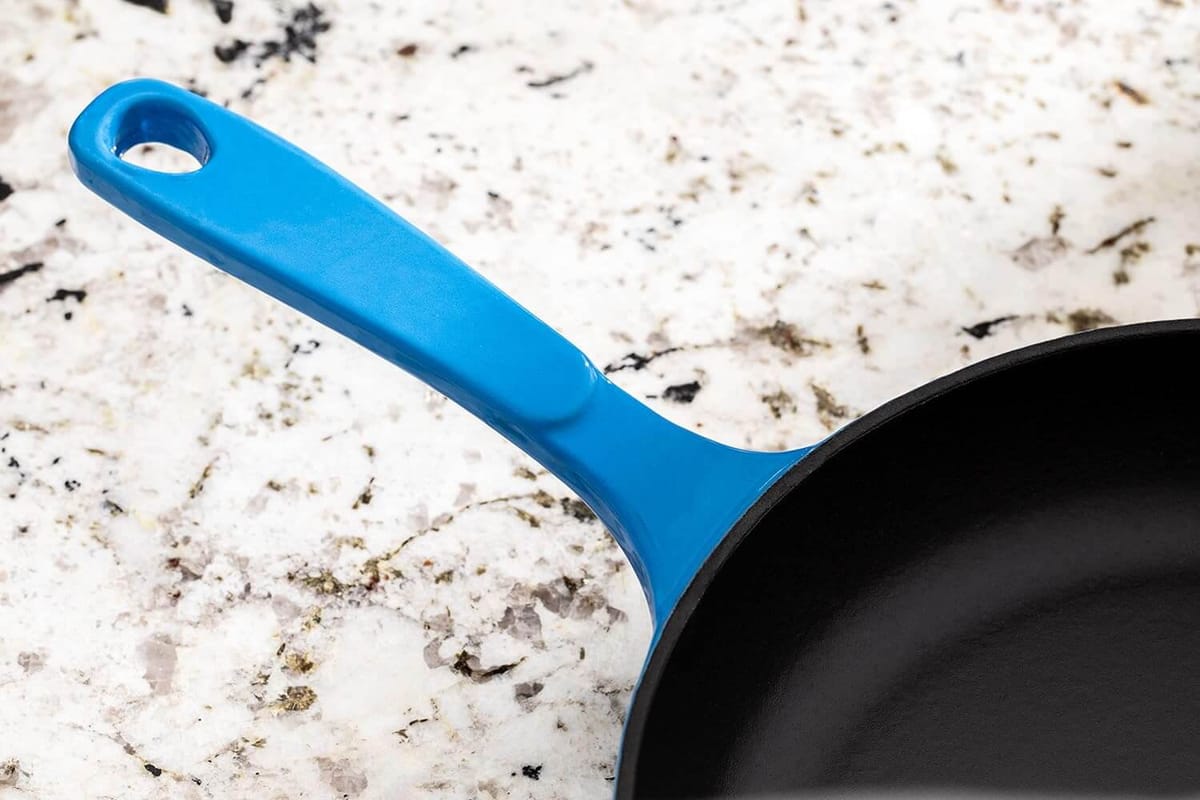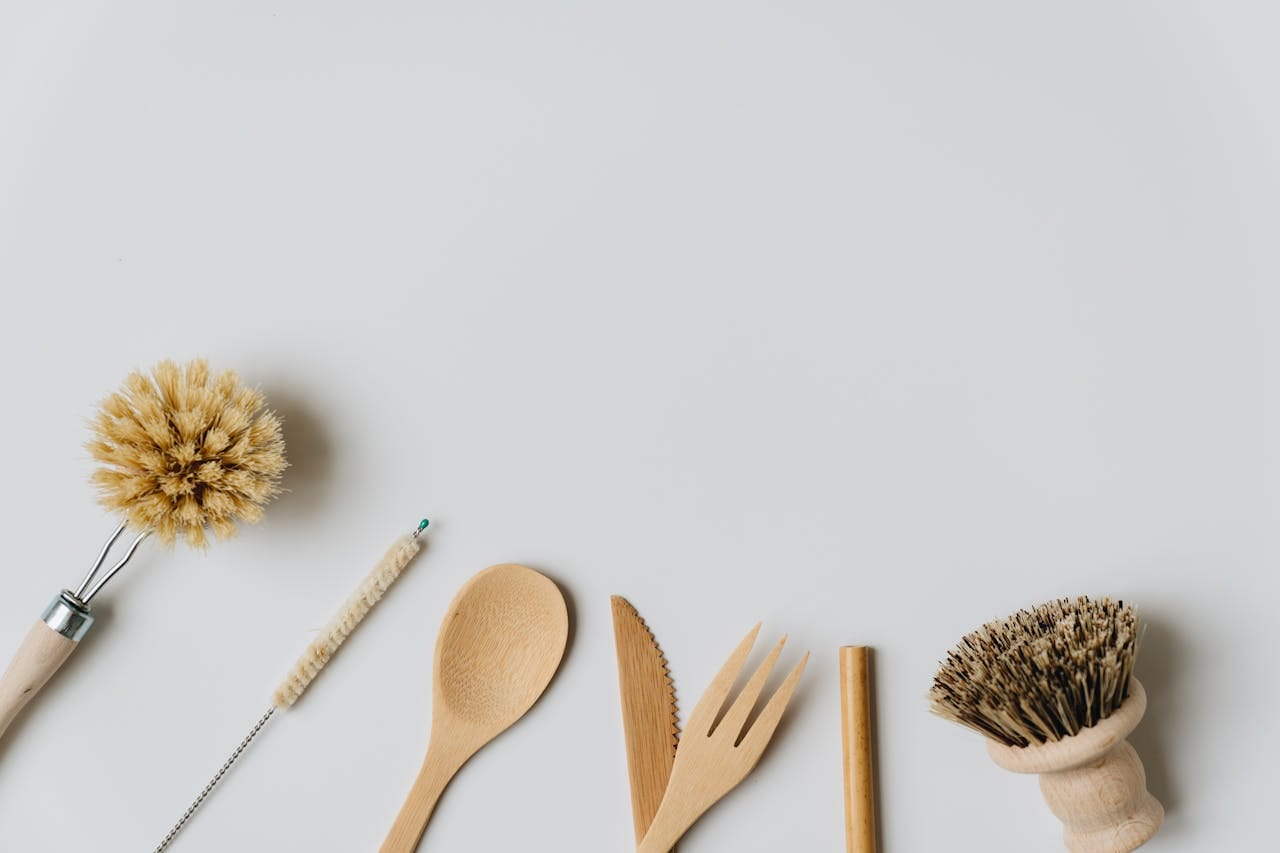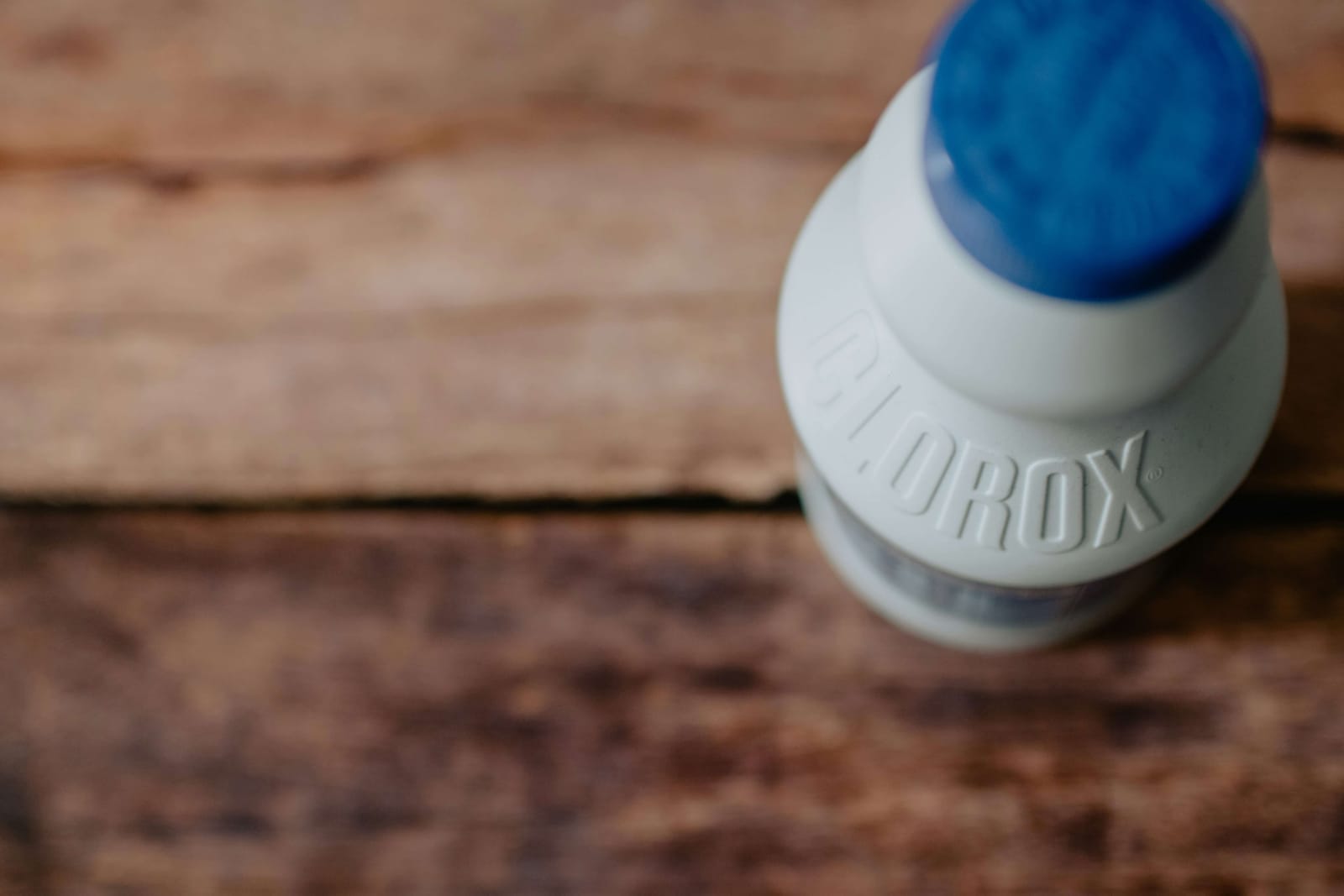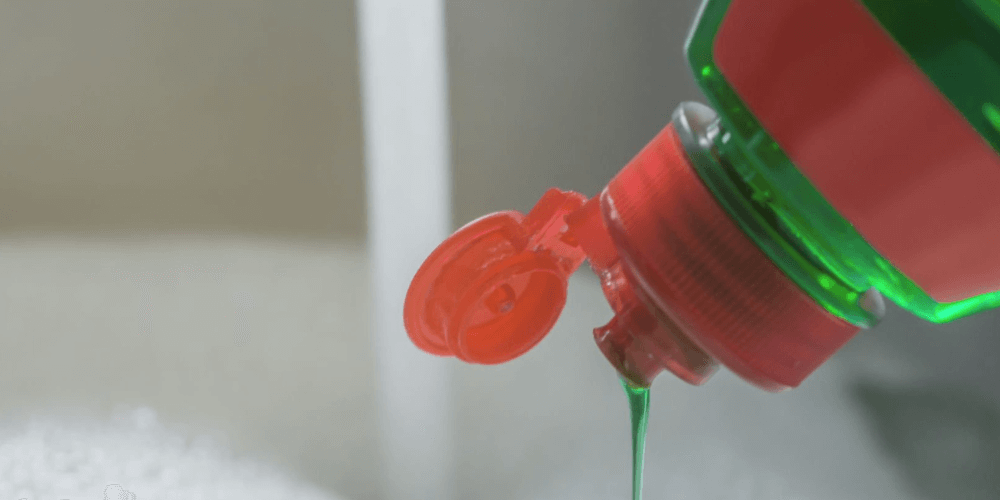Ever looked at your old pots and pans and wondered, "What's next for these kitchen buddies?" In our quest to be kinder to our planet, tossing them out just doesn't feel right. Good news: Your cookware can enjoy a second act, and we're here to show you how. From recycling to repurposing, there are plenty of ways to give your old kitchen gear new life in an eco-friendly way. Ready to reduce waste and rock your kitchen with some green moves?
In This Article
- Assessing Your Old Cookware
- Options for Recycling Cookware
- Creative Repurposing Ideas
- Donating and Selling Old Cookware
- Eco-Friendly Cookware Maintenance Tips
- Making Eco-Friendly Cookware Choices
- Call to Action
Assessing Your Old Cookware
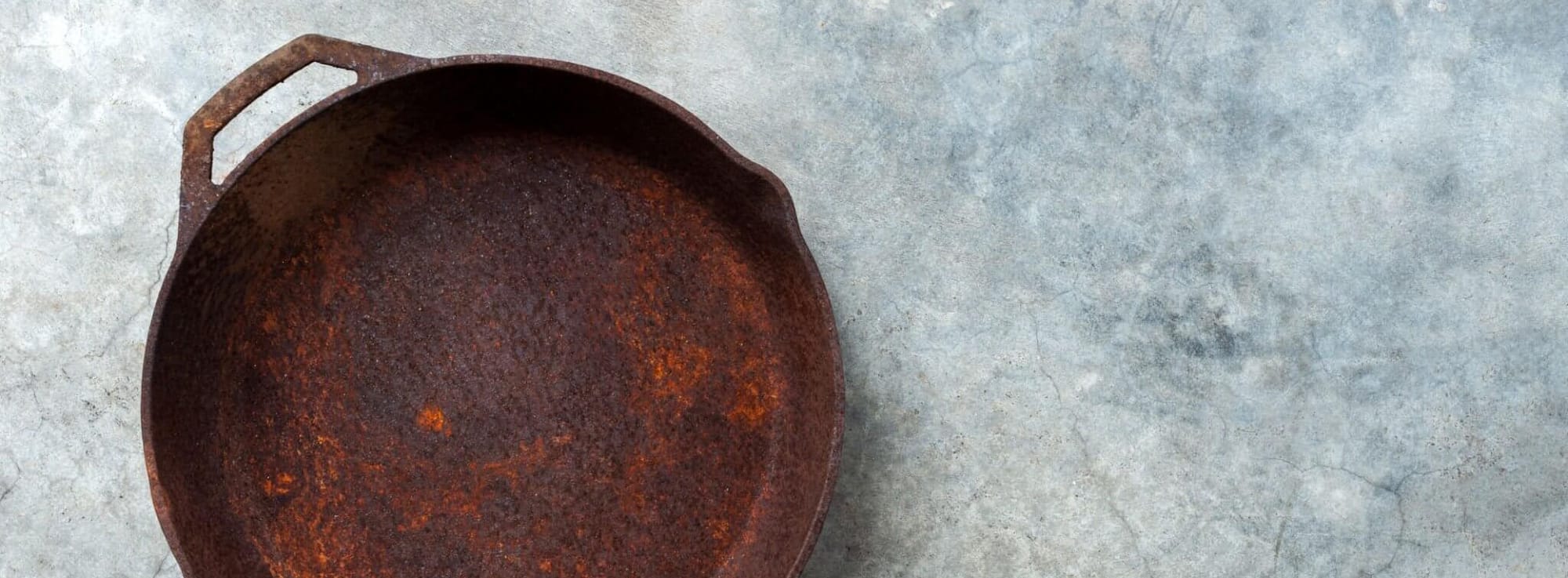
Before making any decisions about your old cookware, it's essential to assess each item's condition and potential for reuse, recycling, or repurposing. Here's how to conduct a thorough evaluation:
Metal Magic: Stainless Steel and Cast Iron
- Stainless steel and cast iron cookware are not just durable; they're also highly recyclable. If they're no longer suitable for cooking, consider recycling them. Many communities offer metal recycling facilities where these items can be dropped off.
Non-Stick Notes
- Non-stick pans pose a challenge due to their chemical coatings, which can be harmful if not disposed of properly. However, if your non-stick cookware is still in good condition but you're moving away from using it, consider donating it to someone in need, such as a college student or a local charity.
Glass and Ceramic
- Glass and ceramic dishes and bakeware can often be repurposed if they're not suitable for cooking. For example, an old ceramic bowl can become a planter, and glass dishes can serve as organization trays.
- Recycling Options: Check if your local recycling program accepts these materials. Note that tempered glass and ceramics often require specialized recycling facilities.
Check Condition
- If items are still in good shape, consider giving them a new home. Donating to thrift stores, shelters, or community kitchens can extend the life of your cookware and benefit others.
- Repair Before Replacing: Some cookware, like high-quality knives or specialty pots, might just need professional sharpening or minor repairs. This can be more eco-friendly and cost-effective than purchasing new items.
Aluminum and Other Metals
- Aluminum cookware can often be recycled, but check with your local recycling center for guidelines on pots and pans. Some places require cleaning or removing any non-metal parts before recycling.
- Creative Repurposing: Think outside the kitchen. Old metal pots can make unique garden pots, and wire whisks can turn into quirky art pieces.
Options for Recycling Cookware

Recycling isn't just for paper and plastic. Your metal cookware can join the recycling party too, but there's a right way to do it.
- Find a Facility: Look for local recycling centers that accept metals. Not all do, so a quick check can save you a trip.
- Prep Your Pans: Give them a good clean, and remove any parts that aren't metal, like plastic handles or rubber grips.
- Drop-Off Day: Once you've found your spot and prepped your pots, it's time to say goodbye. Rest easy knowing they're off to be something new.
For specific instructions on disassembly and accepted materials, consult your local recycling provider's website or you can check out this link to a general recycling guide.
Creative Repurposing Ideas
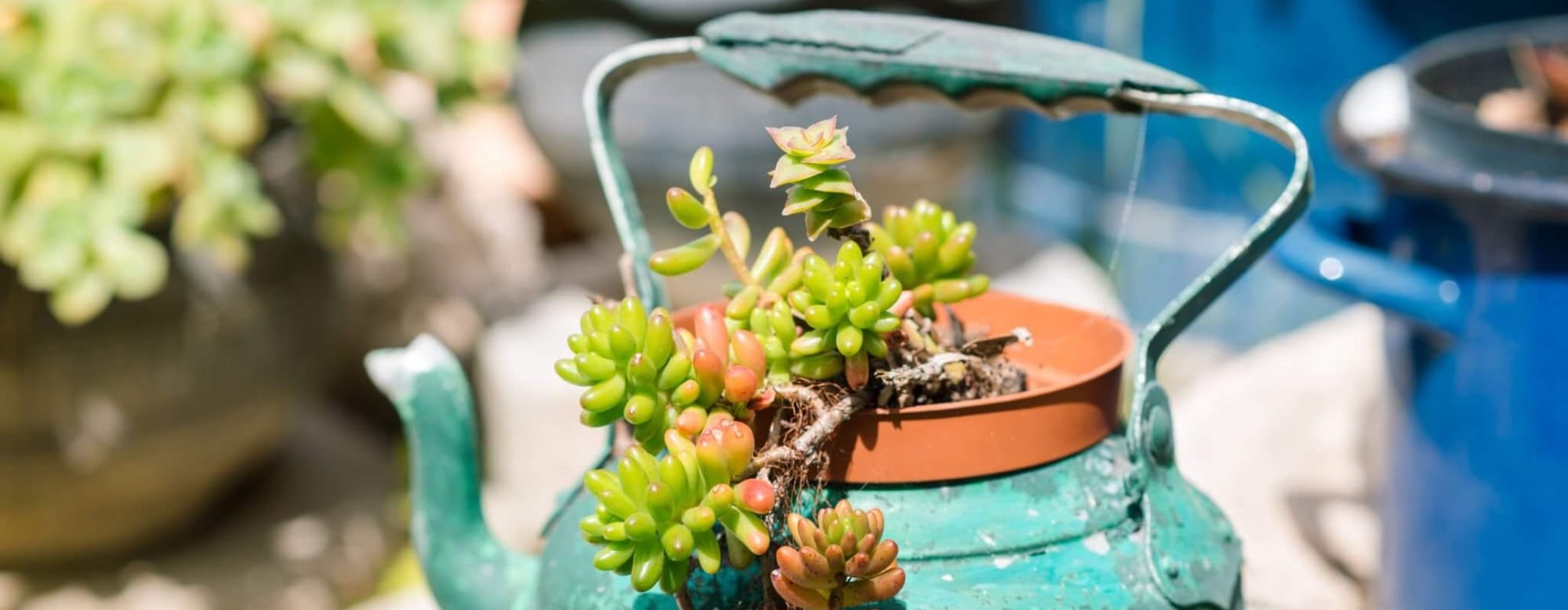
Not everything needs to go the recycling route. With a dash of creativity, old cookware can find new purpose.
- Pan Planters: Drill some drainage holes in the bottom, and voilà, you've got a quirky planter.
- Lid Wall Art: Those lids can make for some interesting wall decor. Hang them up for a kitchen-themed gallery wall.
- Handle Hooks: With a bit of DIY magic, turn handles into hooks for aprons or kitchen towels.
Donating and Selling Old Cookware
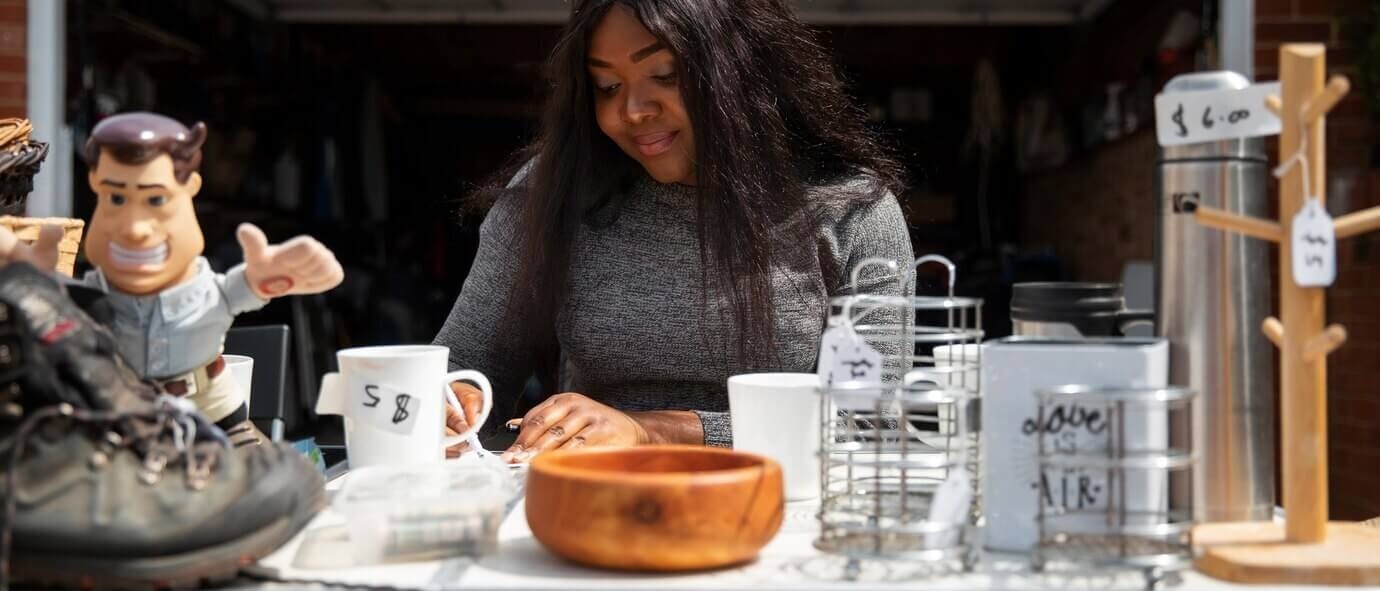
Got cookware that's still in good shape but no longer needed? Giving it a new home is a win-win. Donating your items can help those in need and reduce waste. Look for local shelters, thrift stores, or community kitchens that welcome kitchenware donations. Before donating, ensure the items are clean and in good working order.
Selling your old cookware can also be a great option, especially for pieces that have more life in them. Online marketplaces, local buy-and-sell groups, and garage sales are perfect venues for finding your cookware new owners. When listing your items, clear photos and honest descriptions are key. Mention any wear and tear to avoid surprises and ensure a smooth handover.
Eco-Friendly Cookware Maintenance Tips
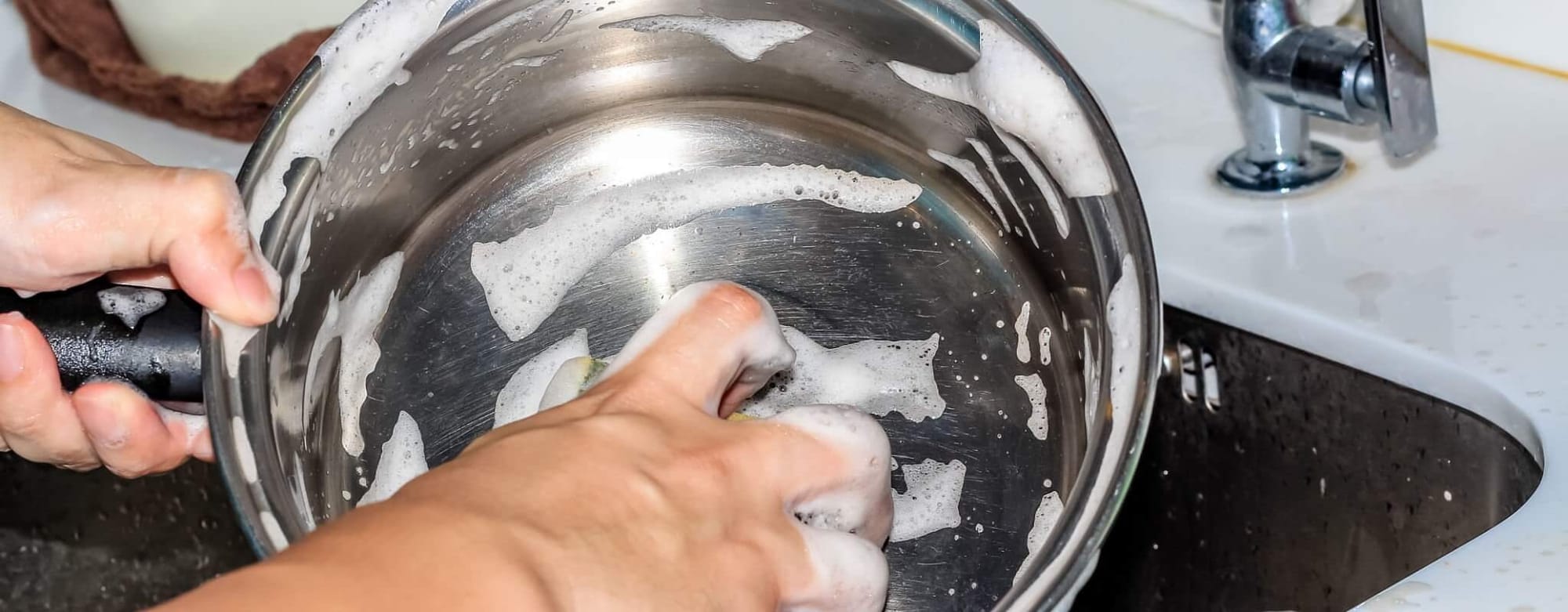
Proper care can significantly extend the life of your cookware, making it more sustainable. Here are some eco-friendly maintenance tips:
- Cast Iron: Keep it seasoned to protect the surface and avoid rust. After washing (without soap), dry it thoroughly and apply a thin layer of oil. Keep cast iron cookware in prime condition by seasoning it regularly. A well-seasoned pan can last generations!
- Stainless Steel: Prevent water spots and maintain shine by drying immediately after washing. For tough stains, a paste of baking soda and water works wonders.
- Non-Stick Pans: To preserve the coating, avoid high heat and metal utensils. Wash gently with a soft sponge to prevent scratches. It's possible to extend the life of non-stick pans by using wooden or silicone utensils to avoid scratches.
Making Eco-Friendly Cookware Choices
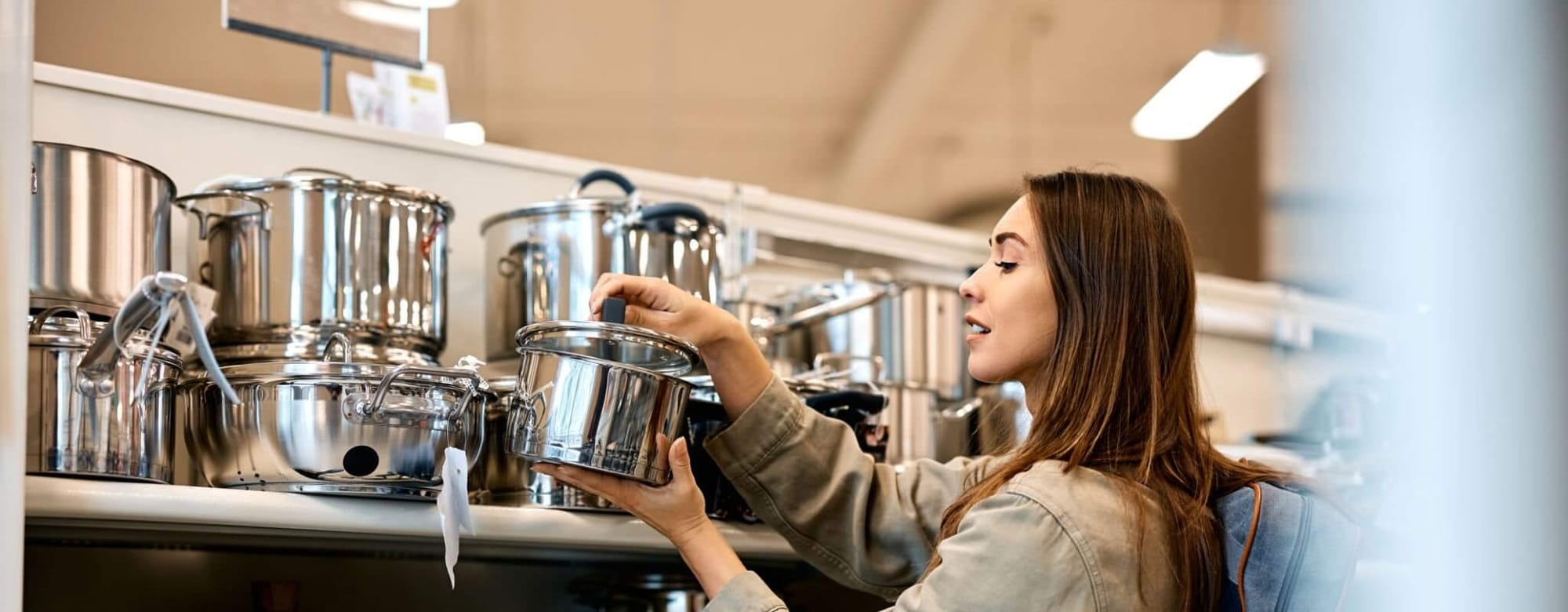
When it's time for new cookware, making eco-friendly choices is crucial. Opt for materials that are durable, sustainable, and, ideally, recyclable. Here's what to look for:
- Sustainability: Choose cookware made from materials like recycled metals, bamboo, or ceramic, which have a lower environmental impact.
- Durability: Invest in high-quality pieces that will last many years, even with daily use. This reduces the cycle of buying and disposing of cookware.
- Recyclability: Consider the end of life for your cookware. Materials like stainless steel and cast iron can often be recycled, making them more eco-friendly options.
Your Green Kitchen Journey
Now's the time to take a step towards a more sustainable kitchen and, by extension, a healthier planet. Look around your kitchen and pick just one piece of cookware you no longer use. Decide whether it's best to recycle, repurpose, or donate it. This single action, though it may seem small, contributes to a larger movement of mindful living and environmental stewardship.
Remember, every eco-friendly choice you make sends ripples through our ecosystems, helping to reduce waste and conserve resources. By sharing your journey, whether it's transforming an old pot into a plant holder, donating a gently used pan to someone in need, or recycling a piece of cookware, you inspire others to consider their environmental impact too.
So, what will it be? That skillet you never use? The saucepan with the missing handle? Choose your starting point and make a difference today. And don't forget to share your story; let's spread the word and encourage a community of eco-conscious individuals, one piece of cookware at a time. Together, we can cook up a storm of positive change for our world.
- Further Reading: "Eco-Friendly Cookware Care and Maintenance" for tips on maintaining your newly recycled or eco-friendly cookware.
- You Might Be Interested: "Benefits of Eco-Friendly Cookware" to understand the positive impact of your recycling efforts.
